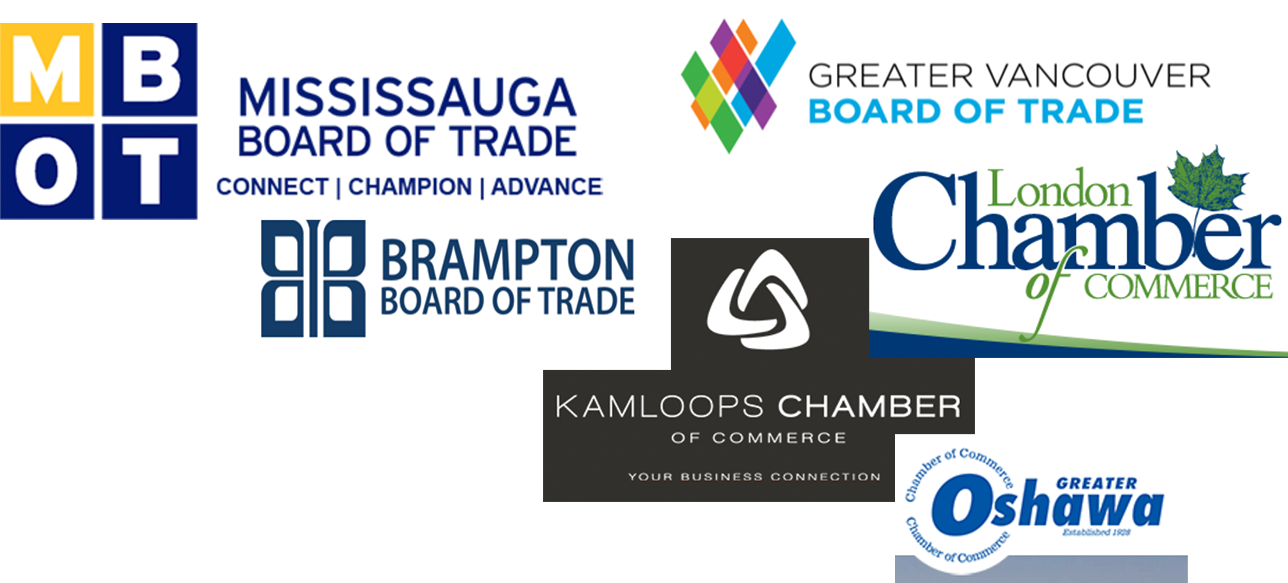Local businesses need to band together
Every small business should belong to the local chamber of commerce
Canada’s small businesses were brutally sacrificed on the altar of political expediency during the pandemic and they need to act now if they are to avoid the same fate next time government doesn’t know what to do. And, there will be a next time. All too soon.
Faced with a fast-spreading virus and public health officials totally unprepared for a pandemic, Canadians turned to their elected officials for leadership. We wanted action. Do something to fix this, we demanded!
So, elected officials did something.
They grabbed onto the only tactic public health “experts” could think of – the Lockdown – and they grabbed hard.
Very early in the pandemic, governments across the country decided to sacrifice Canada’s smallest businesses to demonstrate to a fearful and often angry public that politicians were taking action.
So, small retailers, restaurants and bars were ordered closed. In Ontario, that closure lasted almost a year. Severe restrictions on business operations that made it impossible for many small enterprises to generate enough revenue to pay their bills are still continuing.
Business need to learn some critical lessons – fast
One lesson Canada’s small and medium-sized business owners need to take away from their pandemic experience is this: If they don’t want to be thrown under the bus again, they need to band together at the local level to build influence with politicians.
Two intersecting principles are at play here. First, all politics is local. Second, there is strength in numbers. For businesses, the truth is clear: You must be strong at home.
Sure, it’s good to belong to industry and national associations. They provide good value for many businesses on a year-round basis and in many crises – especially those that disproportionately affect single industries. But in a massive, all-encompassing, national crisis like the pandemic, these associations were simply too easy to ignore.
National associations, naturally, focus their lobbying and advocacy efforts on the federal government in Ottawa. But the pandemic was managed largely by provincial and municipal governments. Few national associations were able to effectively lobby 13 provincial and territorial governments and every local/regional government at the same time.
Although the pandemic represented a common problem across Canada, each government took a different approach to solving it, making national representation largely ineffective.
Although single-industry associations are well positioned to understand the unique issues affecting their members, they faced the same challenge: how to advocate simultaneously everywhere.
Local is where it matters. Local is where your strength should be.
The most punishing restrictions imposed on small and medium-sized businesses were those imposed by provincial and municipal governments. This is where businesses needed to be able to influence decision-makers. Most weren’t.
Local chambers of commerce and boards of trade are best-positioned to be effective at this level. Every small business owner and manager should belong to the local chamber in their area(s).
Well-managed local chambers are intimately familiar with the mayors and councillors in their communities. They can develop powerfully influential relationships that ensure the interests of their members (all of whom employ multiple voters) are properly considered before any policies are decided or bylaws enacted.
Local Chambers should be able to mobilize their members, their members’ employees and customers, and the communities to persuade elected officials in their communities. They can only do this when they’re strong – when they represent a commanding segment of the business community. Strength matters.
Chambers can develop similar influence with local members of parliament and provincial MLA/MPP/MNAs. Although governments may sit in provincial capitals and in Ottawa, they are made up of local politicians – all of whom understand that all politics is local. Without support at home, they cannot govern from the capital.
Every federal MP and provincial MPP/MLA/MNA requires local support to be re-elected, so local chambers that develop strong relationships with them can have significant leverage on provincial and federal policies. Again, there is strength in numbers. More members is more influence.
Membership is the cheapest way to influence government
The cost of membership in a local board of trade or chamber of commerce is affordable. The value it represents can be enormous. Your business may not be able to retain $100,000 per month lobbyists. But, you simply can’t afford not to belong to a local organization that represents your interests with decision-makers where it has the most impact: at home.
So, invest in a little “influence insurance” and join your local board of trade or chamber of commerce today.




